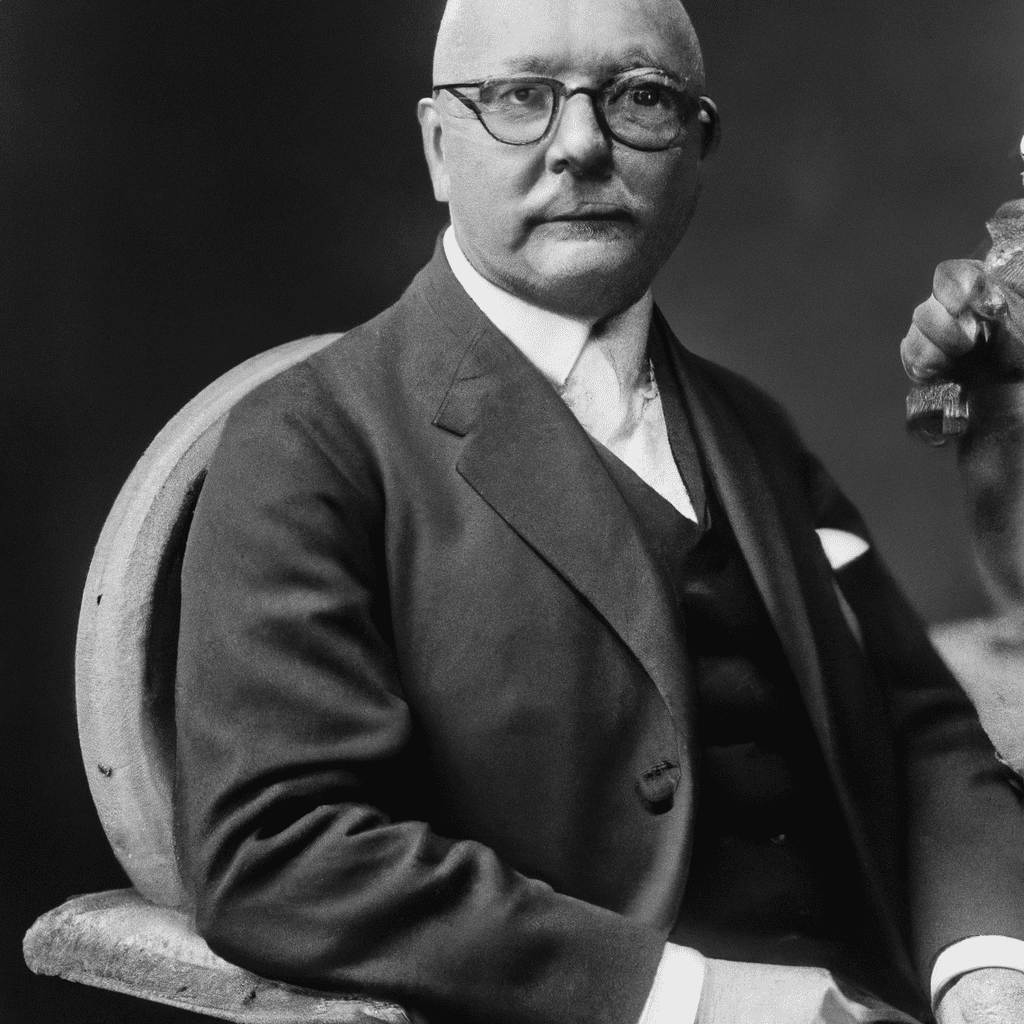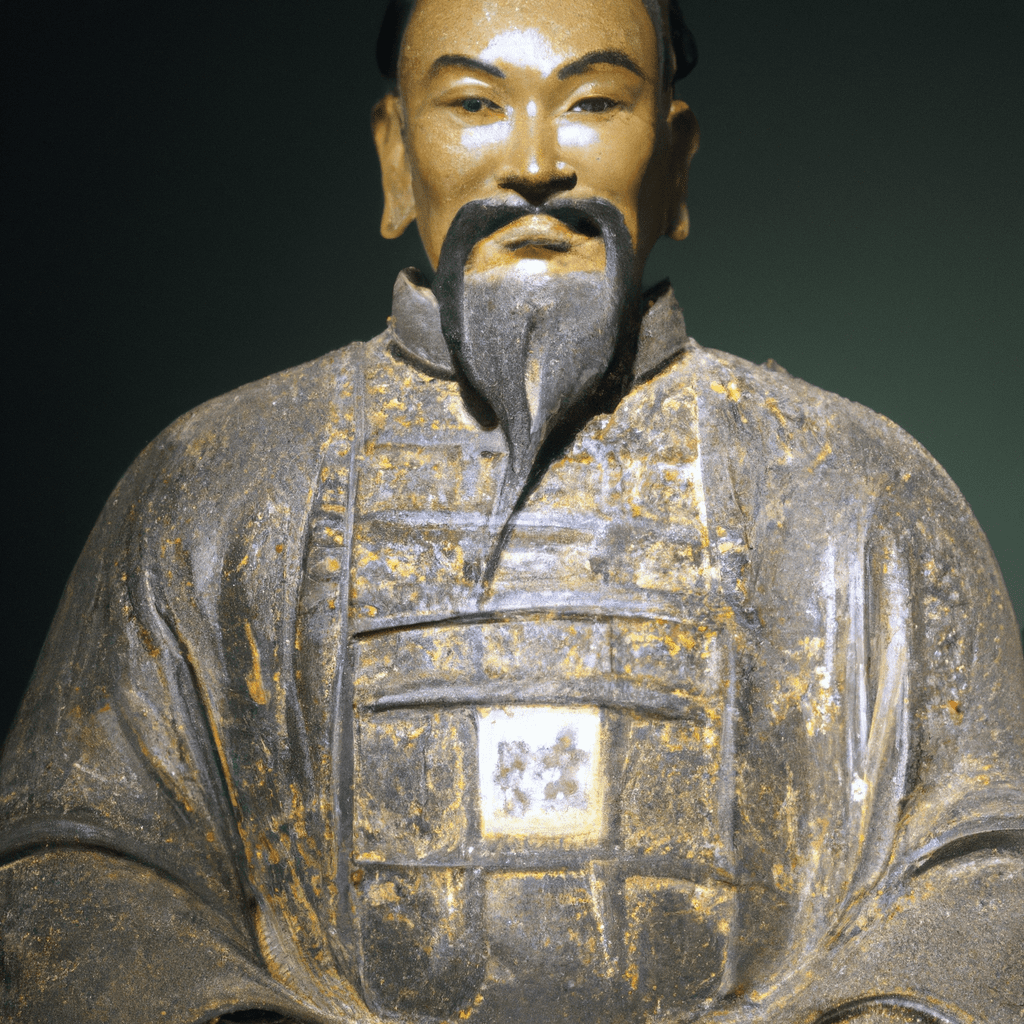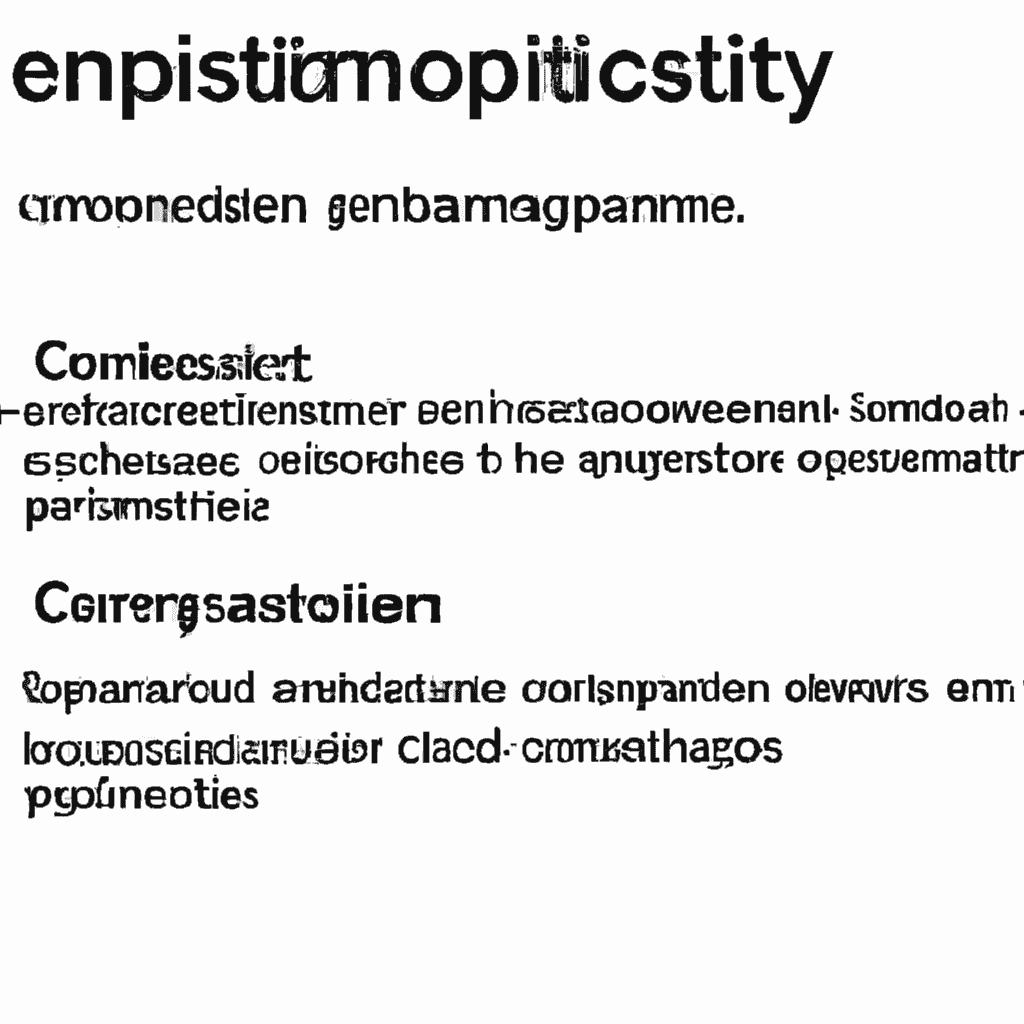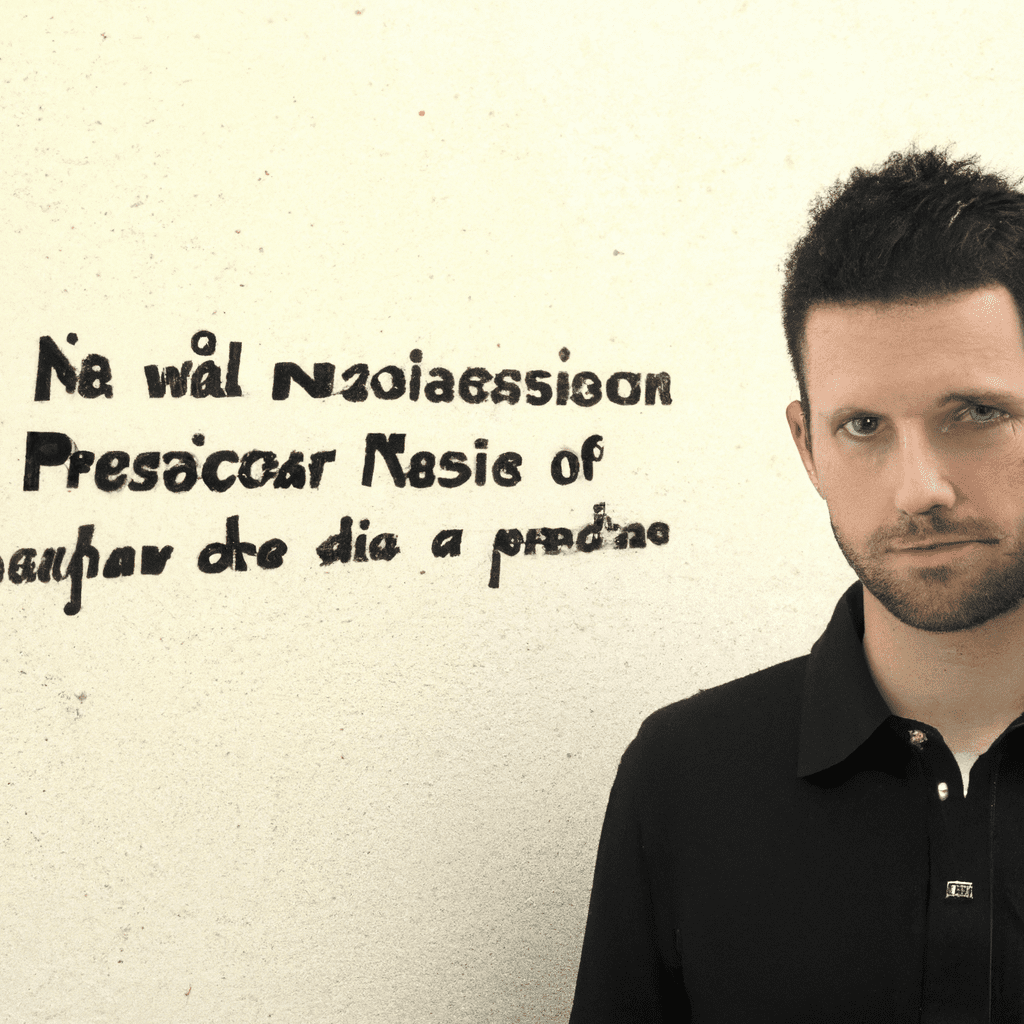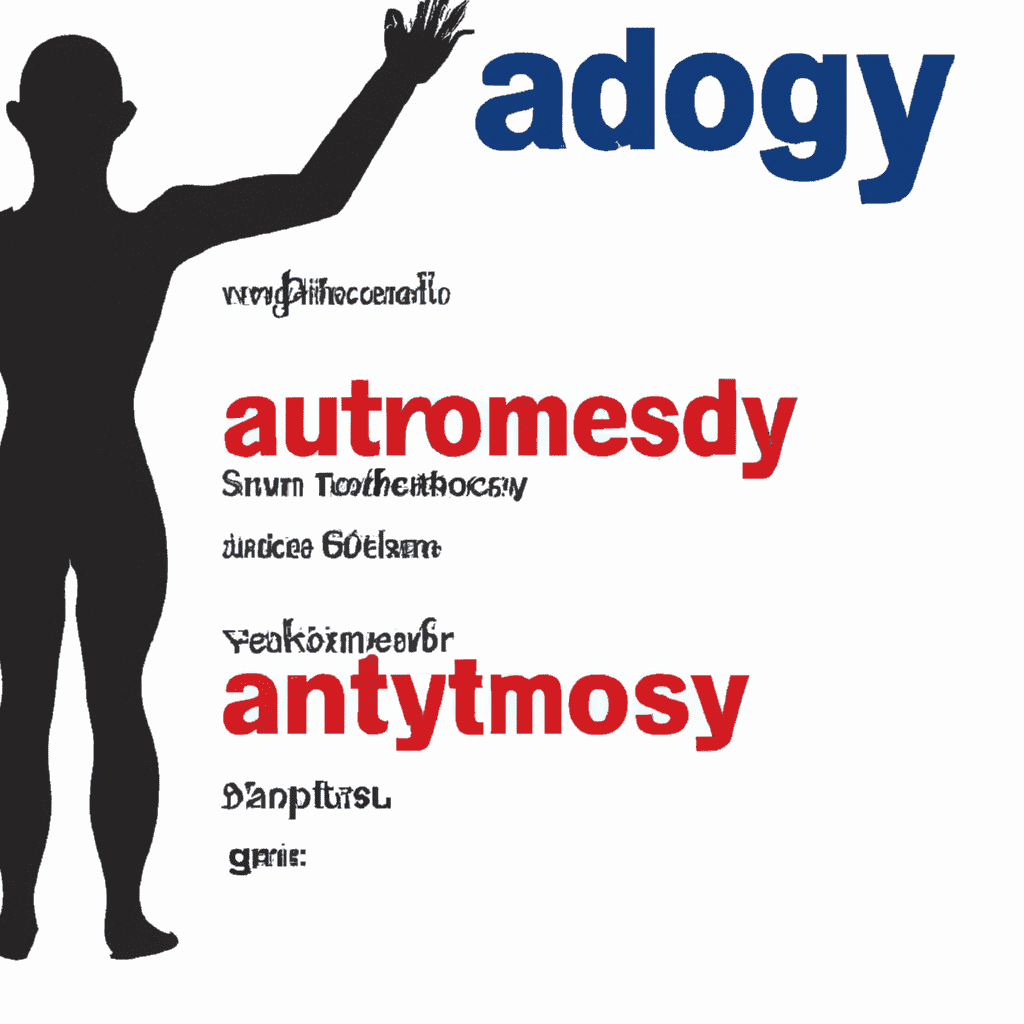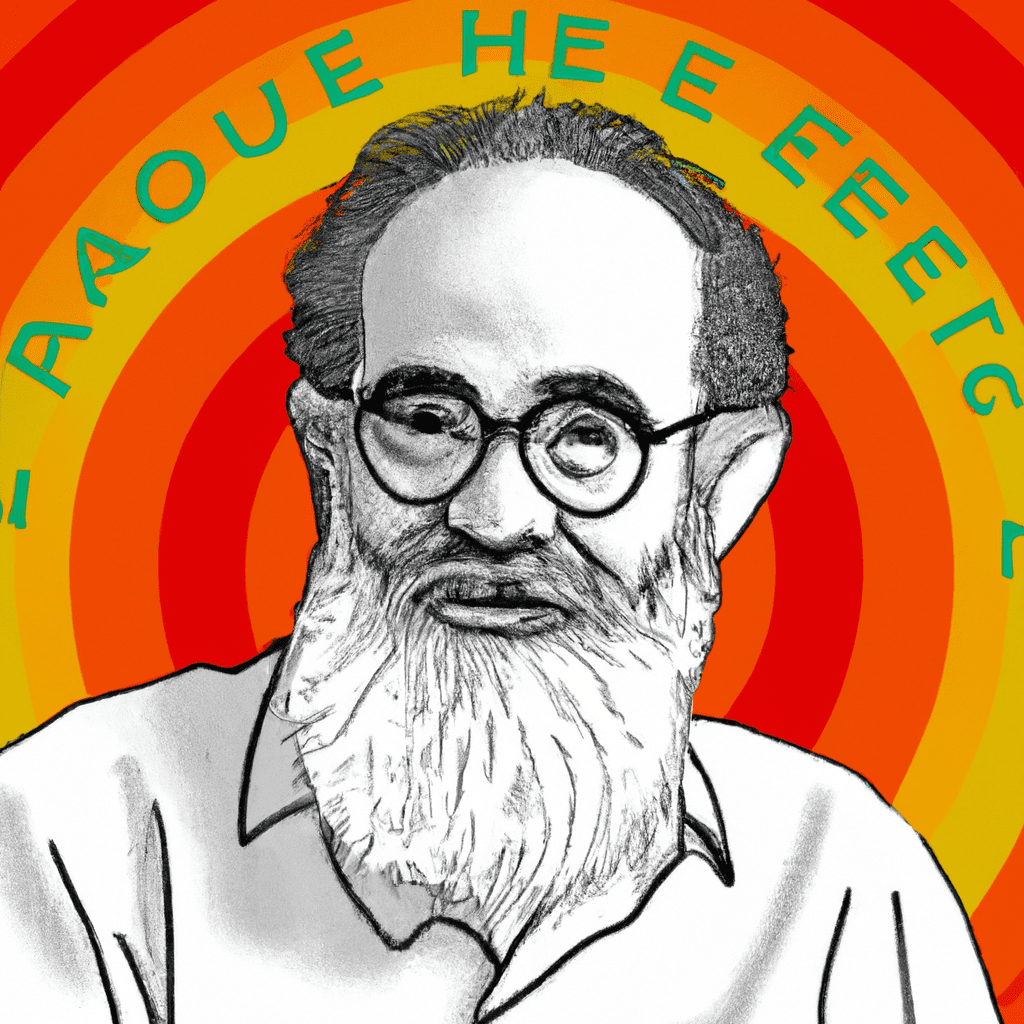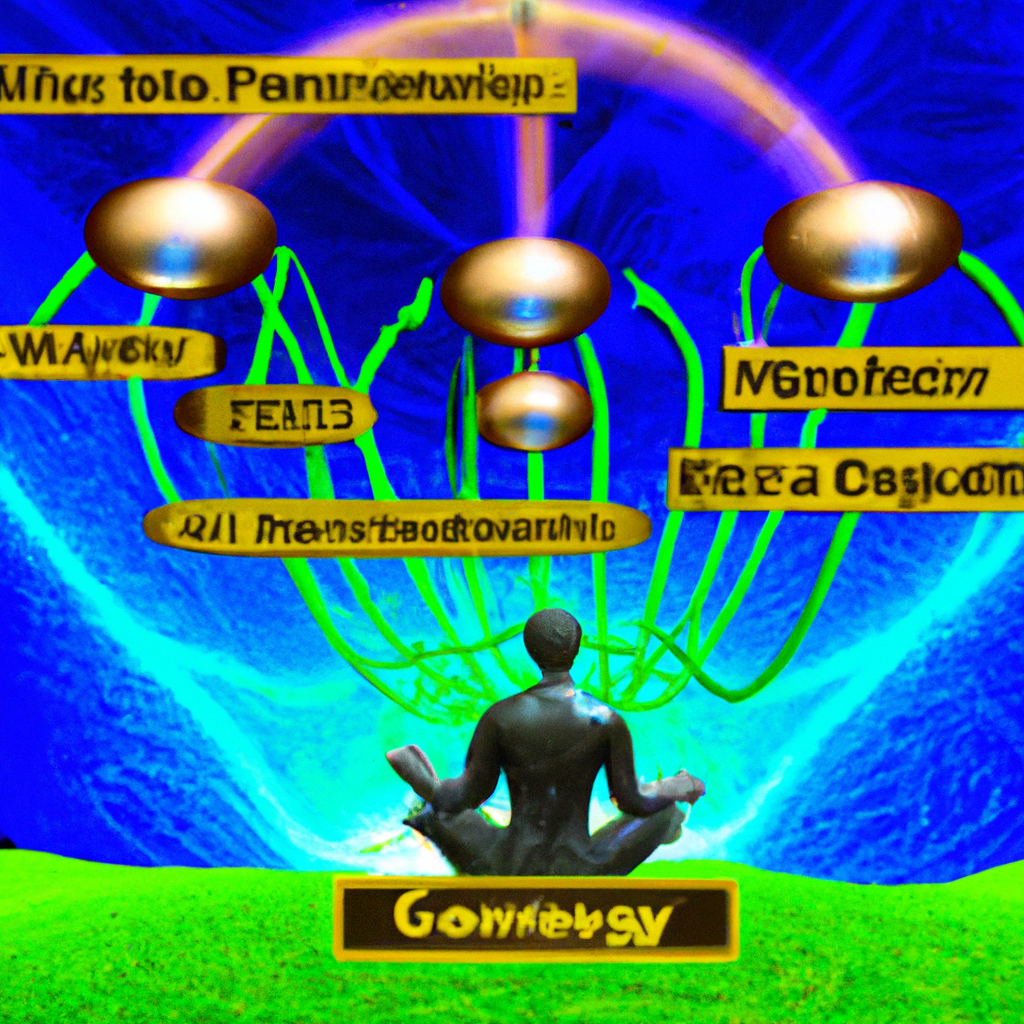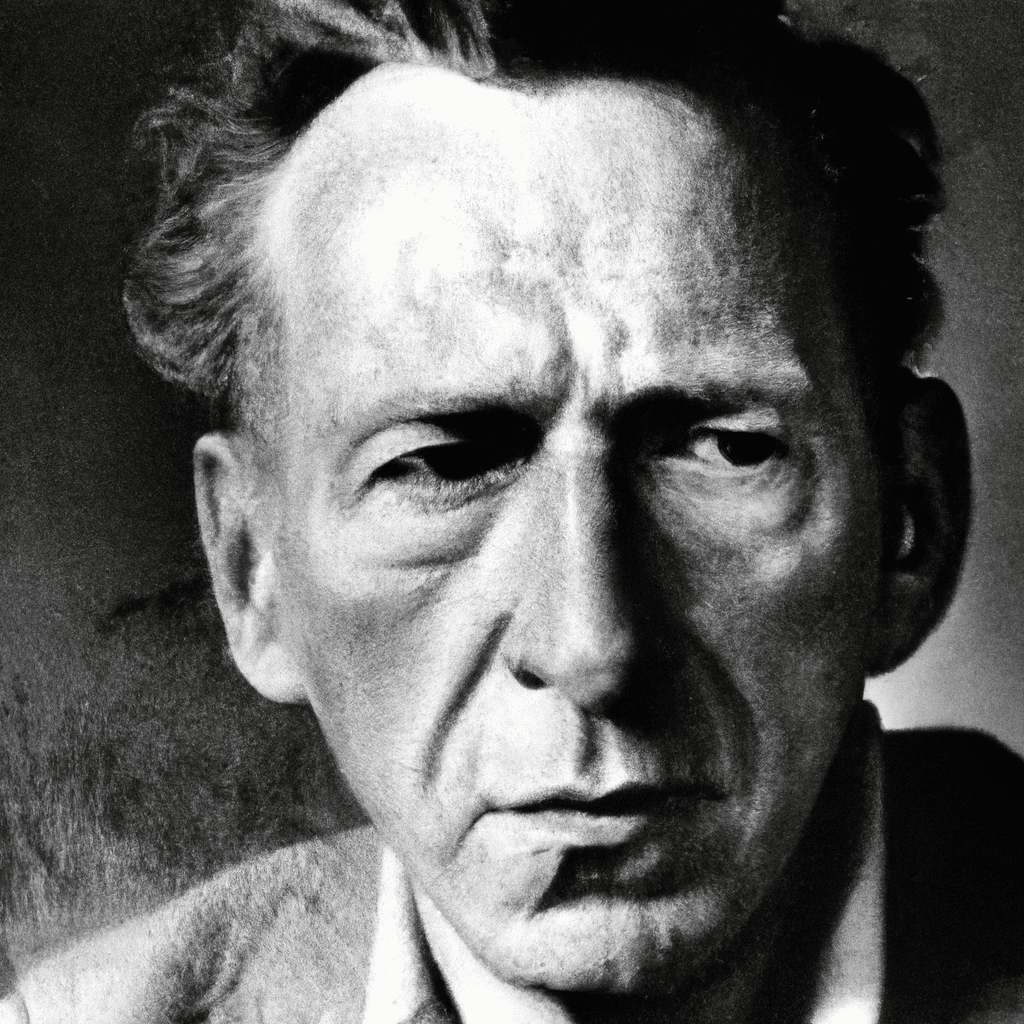Harold Henri Joachim (1868-1938) Harold Henri Joachim (1868-1938) était un philosophe idéaliste mineur travaillant dans la tradition néo-hégélienne qui dominait la philosophie britannique à la fin du XIXe siècle. À l'époque, this tradition was…
Catégorie de navigationWiki Philosophie
Cheng Hao (Cheng Mingdao, 1032—1085)
Cheng Hao (Cheng Mingdao, 1032—1085) Cheng Hao, also known as Cheng Mingdao, was a pioneer of the neo-Confucian movement in the Song and Ming dynasties, which is often regarded as the second epoch of the…
Epistemic Consequentialism
Epistemic Consequentialism Consequentialism is the view that, dans un certain sens, rightness is to be understood in terms of conduciveness to goodness. Much of the philosophical discussion concerning consequentialism has focused on moral rightness or obligation…
Personalism
Personalism Personalism is any philosophy that considers personality the supreme value and the key to the measuring of reality. Its American form took root in the late nineteenth century, flowered in the twentieth century, and continues…
Human Dignity
Human Dignity The mercurial concept of human dignity features in ethical, legal, and political discourse as a foundational commitment to human value or human status. The source of that value, or the nature of that…
Bodily Awareness
Bodily Awareness Most of us agree that we are conscious, and we can be consciously aware of public things such as mountains, tables, foods, et ainsi de suite; we can also be consciously aware of our…
Religious Disagreement
Religious Disagreement The domain of religious inquiry is characterized by pervasive and seemingly intractable disagreement. Whatever stance one takes on central religious questions—for example, whether God exists, what the nature of God might be, whether…
Paul Freire (1921—1997)
Paul Freire (1921—1997) By Slobodan Dimitrov – own work CC BY-SA 3.0 Paulo Freire was one of the most influential philosophers of education of the twentieth century. He worked wholeheartedly to help people both through…
Théories d'ordre supérieur de la conscience
Théories d'ordre supérieur de la conscience La notion la plus fondamentale et la plus couramment utilisée du terme « conscient » dans les cercles philosophiques est capturée par le célèbre sens de Thomas Nagel : « à quoi ça ressemble ? (Nagel1974). When I am in…
Maurice Merleau-Ponty (1908—1961)
Maurice Merleau-Ponty (1908—1961) Maurice Merleau-Ponty’s work is commonly associated with the philosophical movement called existentialism and its intention to begin with an analysis of the concrete experiences, perceptions, and difficulties, of human existence. Toutefois, il…

